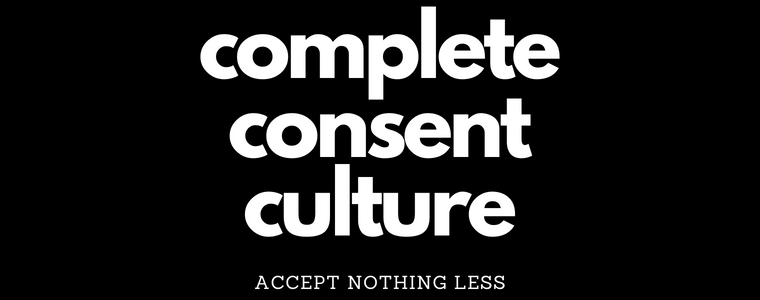Consent culture can be weakened by a variety of factors, including:
- Lack of education: If individuals do not have access to accurate and comprehensive education about consent, they may not understand what it means or how to practice it.
- Societal norms and expectations: If a culture promotes the idea that certain behaviors or actions are acceptable or expected, even if they are non-consensual, it can weaken consent culture.
- Power imbalances: When one person holds more power than another in a relationship or interaction, it can make it more difficult for the person with less power to give or withhold consent.
- Victim blaming and shame: When individuals who have experienced non-consensual interactions are blamed or shamed for what happened to them, it can discourage them from speaking out and make it harder to create a culture of consent.
- Lack of accountability and enforcement: When individuals or institutions fail to hold people accountable for non-consensual behavior, it can send a message that consent is not taken seriously and can weaken the culture of consent.
- Substance abuse: When individuals are under the influence of drugs or alcohol, their ability to give informed consent is compromised and can lead to weakening of consent culture
But what weakens consent culture the most is when we undermine it by teaching people that in some cases things are so important that we can touch people or take things from them without their consent. Creating and maintaining a culture of consent is a continuous process that requires ongoing education, communication, and accountability.
Can you help us to STRENGTHEN consent culture?

No responses yet